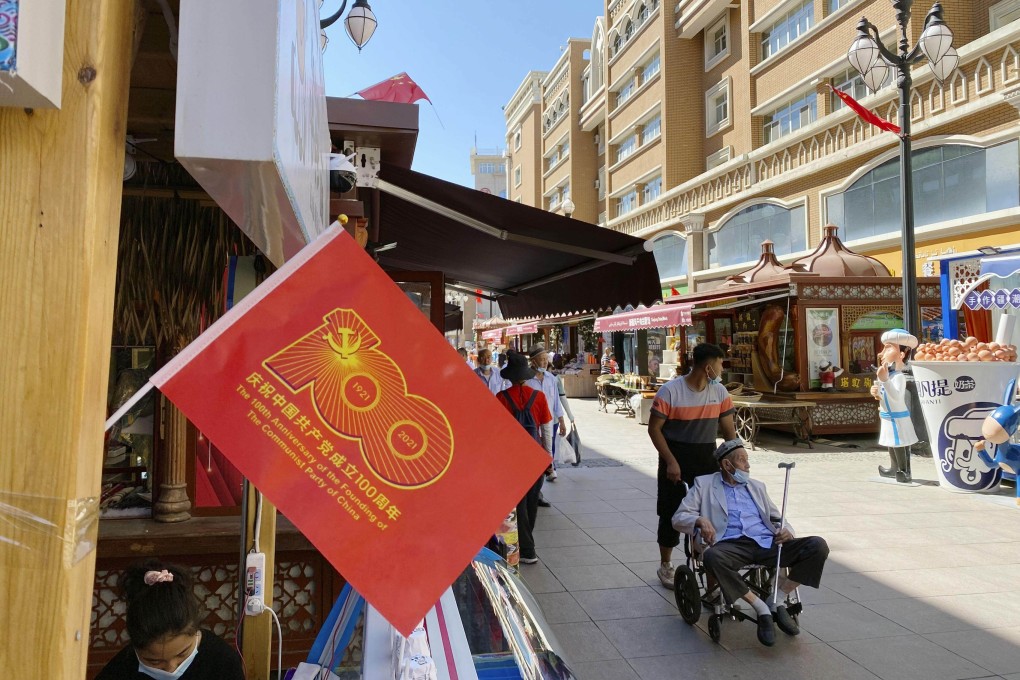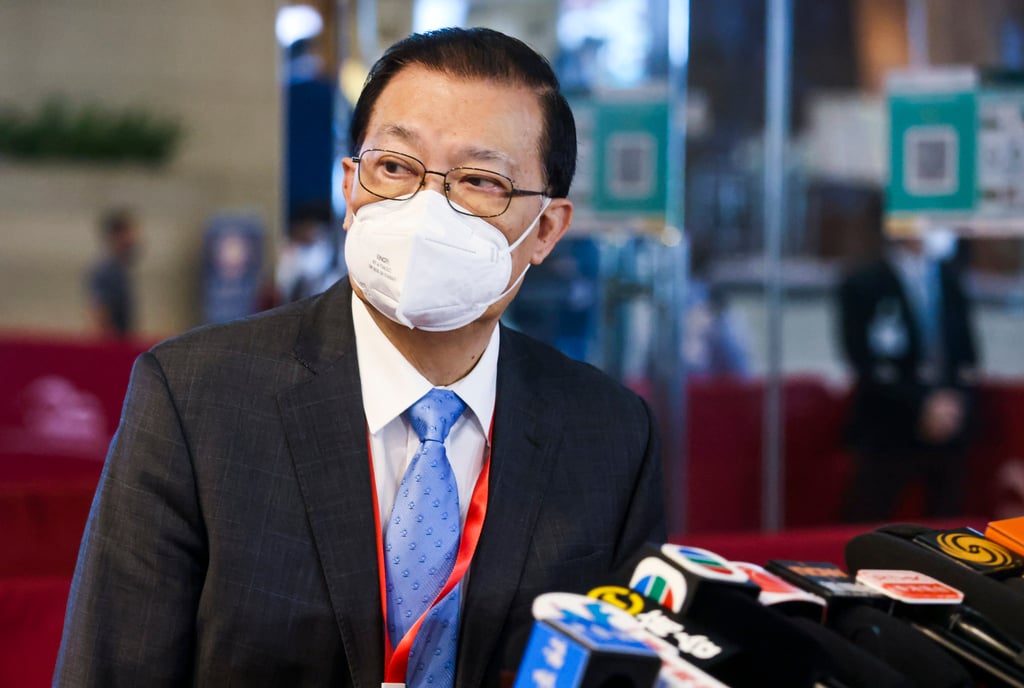About 20 Hong Kong members of national legislature will visit Xinjiang to better understand human rights conditions and local governance
- Team will spend nearly week meeting officials in autonomous region and vows to return with comprehensive report
- Xinjiang has been a persistent source of tension between China and the West, which claims more than million Uygurs are being held in political re-education camps

Tam Yiu-chung, Hong Kong’s sole delegate on China’s top legislative body, the National People’s Congress (NPC) Standing Committee, on Monday said about half of the city’s 36-strong NPC delegation was expected to join the trip.
Asked whether the visit was aimed at helping Beijing to promote its controversial policies in Xinjiang, Tam said: “When we come back, we will surely share what we saw and take media interviews, so that’s for sure.”

The politicians are required to isolate themselves at home for three days this week and will leave the city on Friday for a week of quarantine in Shenzhen before flying to Xinjiang for a trip that will last for five to six days.
Hong Kong entrepreneurs have long invested in the northwestern mainland region, which produced about 85 per cent of the country’s cotton and about a fifth of the world’s supply last year.
In 1979, Hong Kong “Textile King” Tang Hsiang-chien was one of the first businessmen to set up a woollen textile factory in Urumqi, Xinjiang’s capital. Hong Kong-based textiles company Esquel Group, one of the world’s top shirt makers, has maintained a presence in the autonomous region for a quarter of a century.
In recent years, the West has accused China of detaining at least a million mostly Muslim Uygurs and members of other ethnic minority groups in re-education camps. In June, the European Parliament adopted a position stating that human rights abuses in Xinjiang posed a “serious risk of genocide”.
